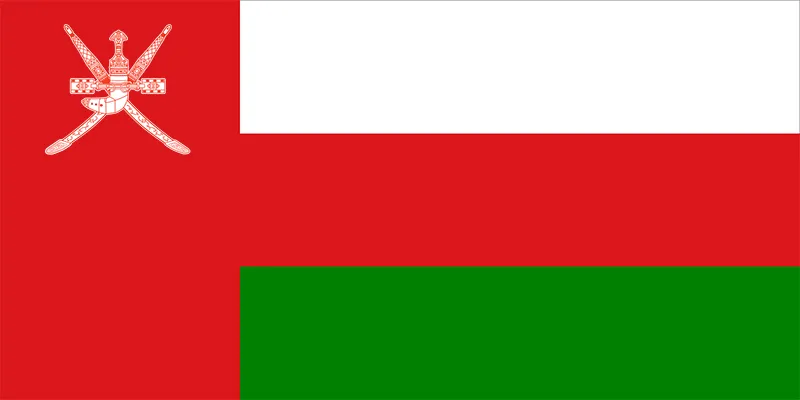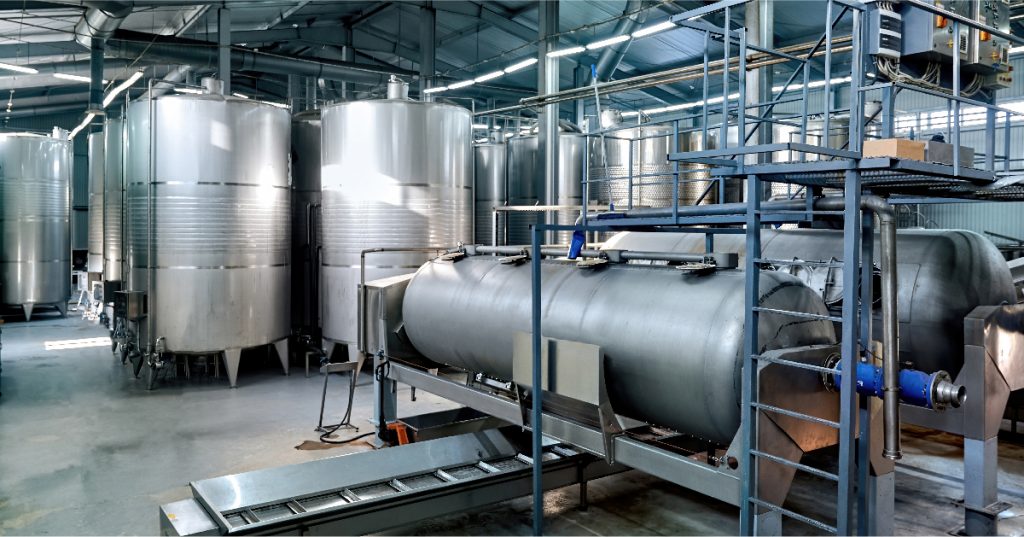Oman, like many Gulf nations, faces the dual challenge of water scarcity and growing industrial demand. Beyond drinking water, industries such as power generation, pharmaceuticals, electronics, and petrochemicals require water of exceptional purity. In these environments, even trace minerals and impurities can damage equipment, compromise quality, or cause costly downtime. This is why distilled water remains an essential resource for Oman’s industrial growth and sustainability.
What is Distilled Water?
What is distilled water? It is water that has been purified by boiling and then condensing the steam, leaving behind salts, minerals, and other impurities. The result is a highly pure form of water with extremely low mineral content, suitable for sensitive industrial applications where ordinary treated water is not enough.
Industrial Applications of Distilled Water in Oman
In Oman’s industries, distilled water plays a crucial role:
- Power Plants – Boiler feedwater must be free from dissolved salts to prevent scaling, corrosion, and inefficiency.
- Pharmaceutical Manufacturing – High-purity water ensures medicines meet strict quality and safety standards.
- Electronics & Semiconductors – Distilled water is essential for cleaning and cooling, where even microscopic impurities can damage components.
- Laboratories & Research – Experiments require water free from contaminants for accurate results.
By ensuring consistent quality, distilled water reduces operational risks and improves reliability in sectors vital to Oman’s economy.
Deionized Water vs Distilled Water – Understanding the Difference
A common question arises: deionized water vs distilled water—which is better? Both methods remove impurities, but they differ in process and result.
- Distilled Water – Produced through evaporation and condensation, removing nearly all minerals and many contaminants.
- Deionized Water – Treated using ion exchange resins to remove charged particles (ions), but may still contain organic impurities or microbes.
In high-purity applications, distilled water is often preferred, while deionized water may be sufficient for general industrial or laboratory use. Ion Exchange also provides hybrid solutions that combine both methods for ultra-pure water production.
Distilled Water and Demineralised Water – Are They the Same?
Another common comparison is distilled water and demineralised water. While both have low mineral content, the difference lies in how they are produced:
- Distilled Water – Created by distillation, removing both minerals and many non-ionic impurities.
- Demineralised Water – Produced using ion exchange or membrane-based technologies to remove mineral salts, but may not eliminate all impurities.
Depending on the industry and quality standards, one may be more suitable than the other. Ion Exchange designs systems that deliver the exact water quality required, whether distilled, demineralised, or ultrapure.
Ion Exchange – Delivering High-Purity Water Solutions in Oman
Ion Exchange, with its 60+ years of expertise in Total Water and Environment Management, has been at the forefront of providing advanced solutions for producing high-purity distilled and demineralised water across the globe. Through its certified manufacturing facilities and strategically located assembly centres, the company delivers reliable and efficient plants tailored to diverse industrial needs. From a 50 m³/d demineralisation (DM) plant for Tanveer Food Ltd. in Bangladesh to a 50 m³/d DM plant for Kibos Distillers Ltd. in Kenya, Ion Exchange ensures a consistent supply of high-quality water essential for critical applications. These projects, along with many others worldwide, highlight the company’s ability to design, engineer, and commission state-of-the-art systems that meet stringent water purity standards, enabling industries to operate with confidence and efficiency.
Why Choose Ion Exchange?
For industries in Oman, the choice between distilled water, deionized water, or demineralized water is not just about purification—it’s about reliability, efficiency, and cost savings. Ion Exchange ensures every system is tailored to local water sources and industrial requirements, guaranteeing long-term performance.
Conclusion
As Oman expands its industrial base, access to high-purity water becomes more critical than ever. Distilled water ensures quality, safety, and efficiency across power, pharma, and manufacturing sectors. Understanding the nuances of deionized water vs distilled water and the role of distilled water and demineralized water helps industries make the right choice for their processes.
With Ion Exchange’s advanced solutions, Oman’s industries can depend on reliable, sustainable, high-purity water systems that support growth and innovation.


